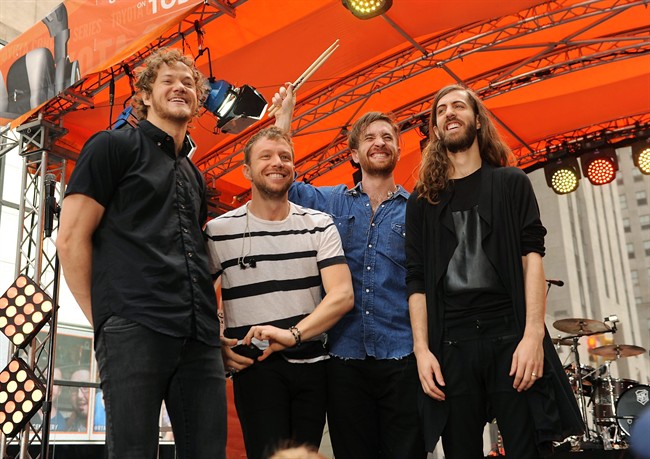Artists may go through many different phases in their careers. Sometimes, circumstances and market forces will see a band the originates in one genre drift into another.

For example, when Culture Club first appeared in the early 80s, they were considered part of the New Romantic Scene, the same British movement that gave us Duran Duran, Spandau Ballet, Visage, and half a dozen others. Many alt-rock stations played the crap out of Boy George at first. (CFNY/The Edge was one of those stations. In fact, Kissing to be Clever might have been the very first compact disc to be played on the air back in 1993.)
But then, radio marketing pushed them into the world of Top 40. The moment that happened, alternative radio treated Culture Club as if they had the plague.
The same thing happened with Wham. “Wake Me Up Before You Go-Go” was first treated as exuberant British alt-pop and was treated as such by North American alt-rock radio and its fans. Once they crossed over to Top 40, that love affair ended pronto.
Why? Alt-rock radio once had (and still does, to some extent) a bias towards anything that left the format for another. If a song was being played on Top 40, then it wasn’t cool or exclusive or niche anymore. In the process, alt-rock radio developed a reputation as the format that warmed up great songs for the mainstream and then abandoned them when they became mainstream hits.
This is understandably from an emotional point of view, but the fact remained that after doing all the hard work of breaking an act/song, alt-rock kept bestowing these gifts on the mainstream and no longer benefited from playing a popular song.

Get breaking National news
I can’t begin to tell you how many times I’ve seen this in my career. Duran Duran, The B-52s, Nickelback, The Weeknd (yes, first pitched as an alternative act at the very beginning), and dozens more became persona non grata at alternative radio by committing the sin of being too popular and dropped from playlists. In some cases, this was the decision of the individual stations. In others, it was the label that pivoted, moving the act out of their alternative department to Top 40.
Over time, a roadmap was defined. A new act was introduced at college radio to test the waters. From there, the act moved to alternative radio, a format that prides itself on playing the newest and coolest. Once the act achieved a certain level of notoriety/popularity, the label moved to pitching mainstream rock radio stations or Top 40. And depending how it did at Top 40, the act might find itself being played on adult contemporary radio
The reason I bring this up is that I saw a tweet asking if Coldplay is an alternative band anymore. They certainly came up through the format, but now that they’re collaborating with BTS, things aren’t working for a lot of fans.
Another band that begs the same question is Imagine Dragons. Alternative radio still plays them a lot. But now that they’ve become huge, some alternative fans have moved on.
What are your thoughts on the Imagine Dragons question? https://twitter.com/alancross/status/1482871936216702986










Comments